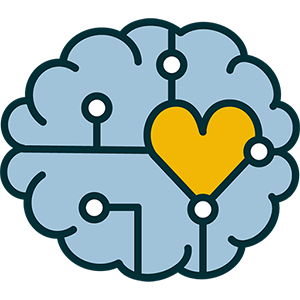-

Our Thoughts on PBIS and What Truly Motivates Behavior
Recently, one of our colleagues posted this article in our Slack #Learning channel – Problematizing PBIS: Resource Round-up, by Alex Venet (on the blog Unconditional Learning). It inspired a conversation about how we approach our work in schools here at BELONG Partners. In the article, Venet points out that the roots of PBIS (Positive Behavioral Interventions […]
-
Implementation Coach Moves District Model Forward in Southern Oregon
The BELONG Partners District Model has been developed in collaboration with the Southern Oregon Education Service District (SOESD) and the Southern Oregon Regional Educator Network (SOREN). This comprehensive approach aims to to bring systems level trauma-responsive and social-emotional learning practices to local schools and districts. Our train-the-trainer model focuses on building capacity and sustainability at […]
-
Regulation Skills for Educators & Students
Young people missed foundational developmental milestones during COVID-19 school closures, resulting in less developed regulation skills in children and more big behaviors for educators to respond to. The good news is that recent brain science research helps us understand the physiology of strong emotions and how to teach skills to move through them. In this video […]
-
Regulation Skills for Parents & Caregivers
Self-regulation is the ability to recognize, manage, and modulate one’s emotions, emotional reactions, and behaviors. Brain science has revealed that regulation skills are learned best through co-regulation with another person you trust. As parents, we are our children’s primary teachers and can model emotional regulation through practicing co-regulation with our children. When parents maintain or […]
-
Engage Kids in Problem Solving
Family meetings are a powerful tool to build the life skills that we want our children to have. Holding family meetings helps children learn empathy, cooperation, mutual respect, and effective, solution-focused problem solving. The consistent practice of gathering as a family, giving and receiving compliments, and solving problems helps families run more smoothly and builds […]
-
Teaching the Vital Skill of Problem Solving
Problem solving is second nature to many educators. For students, it is a vital skill they needs to learn and practice continuously. Sometimes, it feels easier to simply tell kids what to do rather than engage them in the problem-solving process. However, every time we solve a problem for a young person without their input, […]
-
Inviting youth voice and agency into the classroom
In our adult-led culture, it can feel counterintuitive to some adults to make space for youth voice – for young people to lead their educational experience. But if we look at what is happening around the world, we see young people leading in amazing ways. There are many examples of young people using their voices […]
